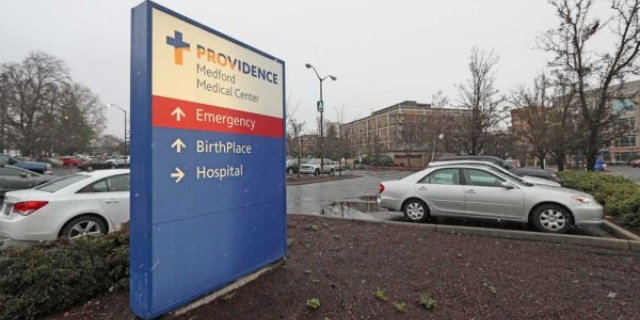Record level of stress found in college freshmen
Published 4:00 am Thursday, January 27, 2011
The emotional health of college freshman — who feel buffeted by the recession and stressed by the pressures of high school — has declined to the lowest level since an annual survey of incoming students started collecting data 25 years ago.
In the survey, “American Freshman: National Norms Fall 2010,” involving more than 200,000 incoming full-time students at four-year colleges, the percentage of students rating themselves as “below average” in emotional health rose.
Trending
Meanwhile, the percentage of students who said their emotional health was above average fell to 52 percent. It was 64 percent in 1985.
Every year, women had a less positive view of their emotional health than men, and that gap has widened.
Campus counselors say the survey results are the latest evidence of what they see every day in their offices — students who are depressed, under stress and are using psychiatric medication, prescribed even before they came to college.
The economy has only added to the stress, not just because of financial pressures on their parents but also because the students are worried about their own college debt and job prospects when they graduate.
The annual survey of freshmen is considered the most comprehensive because of its size and longevity. At the same time, the question asking students to rate their own emotional health compared with that of others is hard to assess, since it requires them to come up with their own definition of emotional health and to make judgments of how they compare to their peers.
To some extent, students’ decline in emotional health may result from pressures they put on themselves.
Trending
While first-year students’ assessments of their emotional health was declining, their ratings of their own drive to achieve, and academic ability, have been going up, and reached a record high in 2010, with about three-quarters saying they were above average.
“Students know their generation is likely to be less successful than their parents’, so they feel more pressure to succeed than in the past,” said Jason Ebbeling, director of residential education at Southern Oregon University. “These days, students worry that even with a college degree they won’t find a job that pays more than minimum wage, so even at 15 or 16 they’re thinking they’ll need to get into an MBA program or PhD program.”








